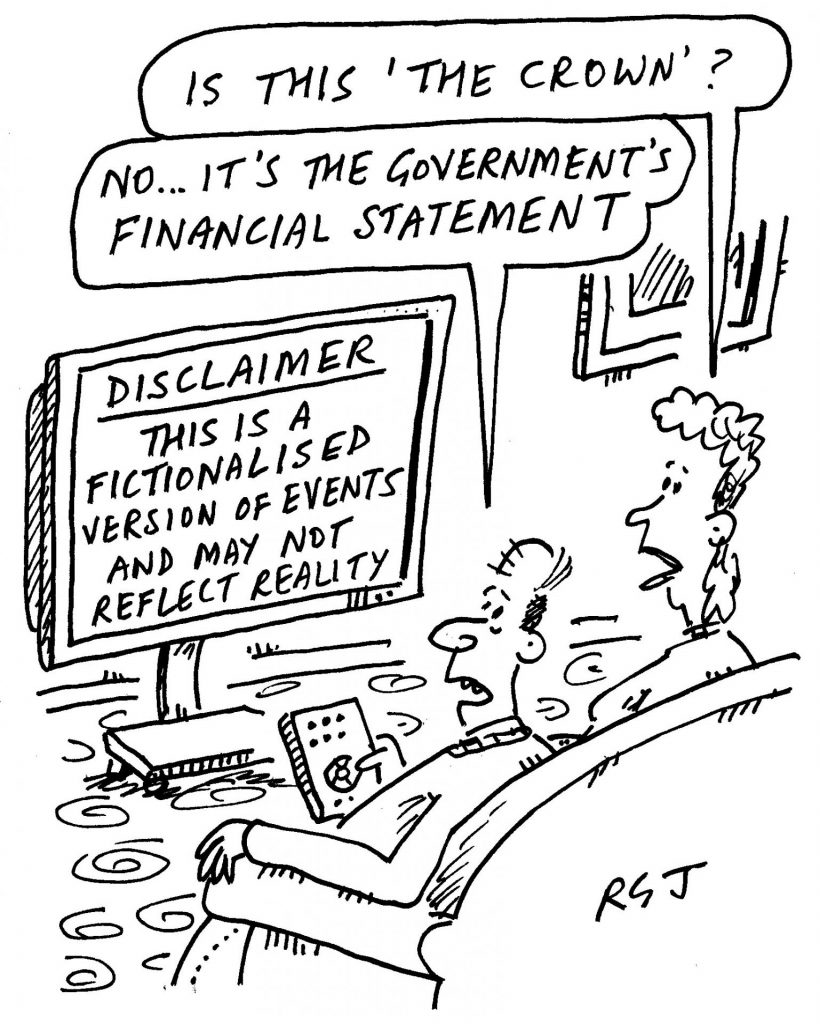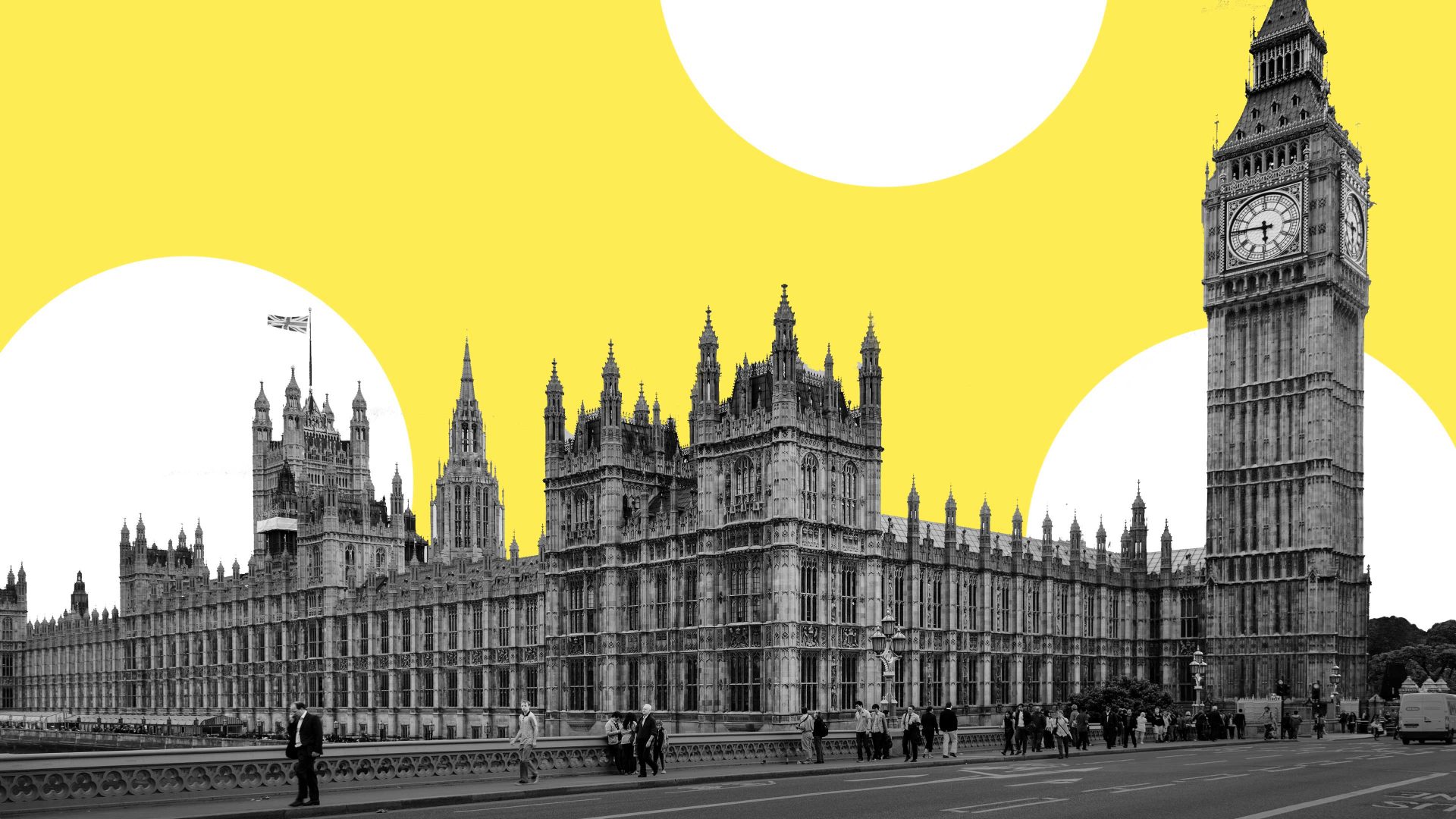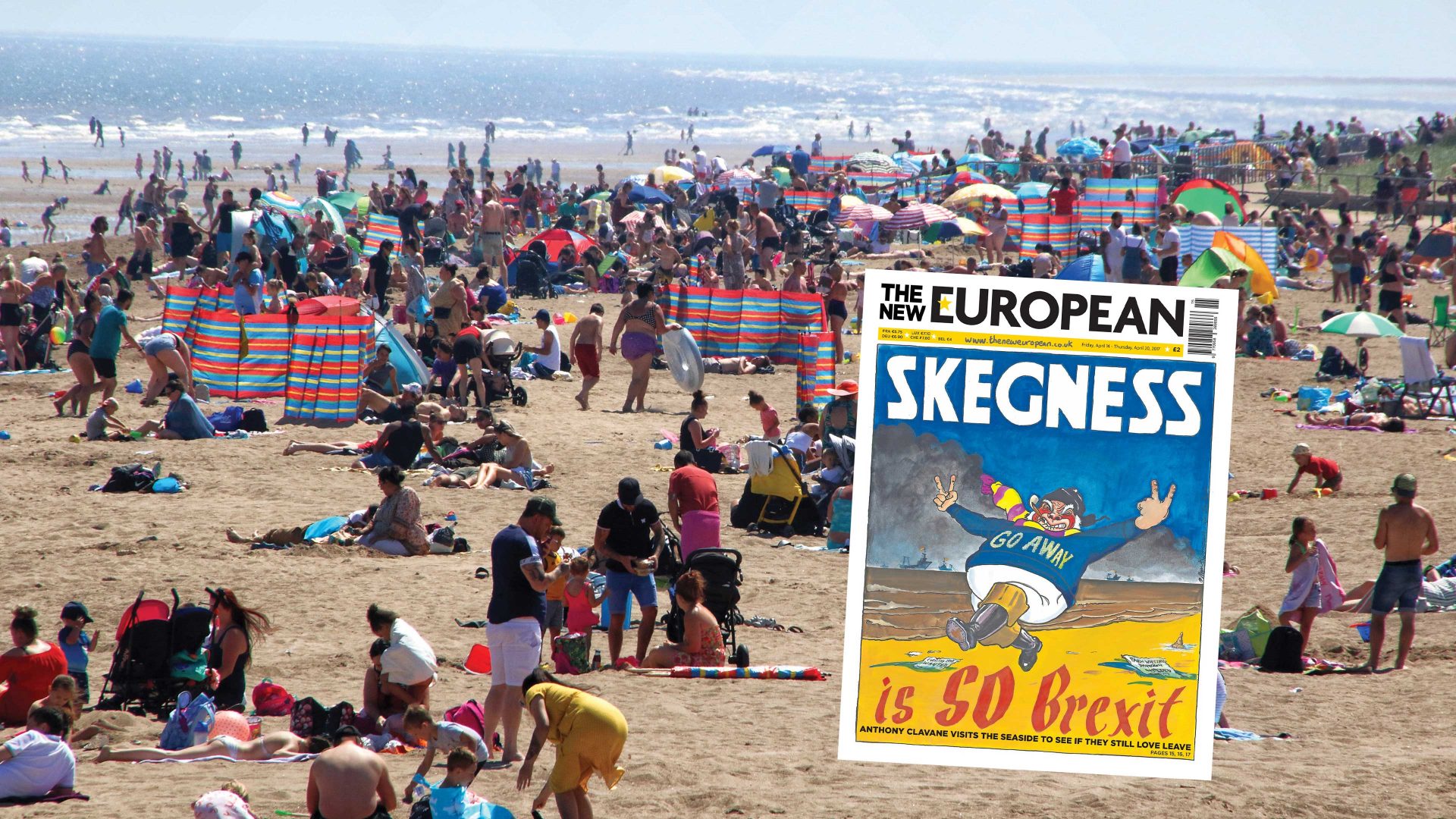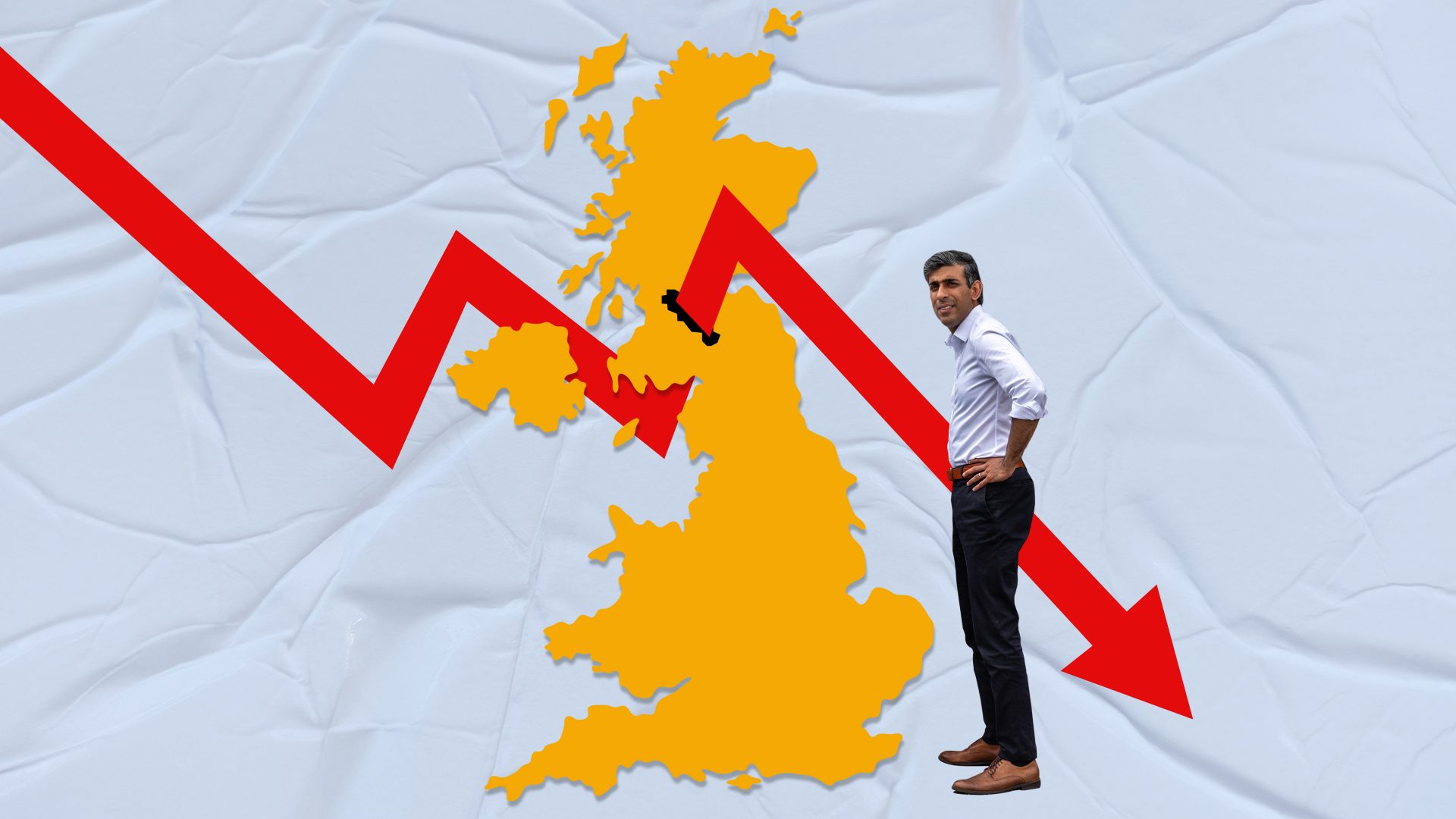Having spent many years working in parliament, as a journalist and then on the other side of the political fence, the Palace of Westminster holds many memories for me, good and bad. I don’t know whether it is the bad memories, or the general badness of much of politics today, but I tend to avoid the place.
When I do go there, I feel neither insider nor outsider; not an insider for I have no actual role there; yet not an outsider either, or else why do so many MPs and peers seem to assume I must be desperate to hear their views, learn about the last speech they made or the last Early Day Motion they tabled? And though there is a magnificence to the parliamentary estate, and some things have changed for the better, an awful lot feels exactly the same: stuffy, cliquey, a bit jaded.
However, when an embossed invitation from Commons Speaker Lindsay Hoyle arrived, asking Fiona and me to attend a reception to celebrate Harriet Harman’s 40th anniversary as an MP, the “for old times’ sake” pull was strong.
Despite the queue to get through security (very much outsider status when you no longer have a pass) and despite the pouring rain as we crossed the yard to Speaker’s House, I am really glad we went. Because afterwards I felt re-enthused about the power of politics, and individual politicians, to make change for the better.
After first the Speaker, then Labour leader Keir Starmer, and finally Harriet’s friend and colleague Margaret Hodge laid out the political milestones in Harriet’s life, my God there was a lot to point to. It would take most of the column to list it all, but as a constituency MP, campaigner, minister legislating for some of New Labour’s most important advances, and in two spells as interim leader of the party, she achieved a huge amount.
It was Harriet’s idea to establish the Low Pay Commission, building support from both employers and unions for the idea of a minimum wage. Maternity rights, paternity leave, childcare support, Sure Start, broader welfare reform, tougher laws and attitudes on domestic violence and people trafficking, Harriet was at the forefront of all of it. I remember her fighting for a commitment to the Equality Act in the 2005 manifesto, which has helped take the edge off some of the worst excesses of Tory legislation since we lost power.
However, it was her leadership role in the battle for women’s rights and representation that really shone through. Arriving seven months pregnant as one of just 10 female Labour MPs, she really was a trailblazer. But she was never one of those who pulled up the ladder behind her. Today more than half of Labour MPs are women, and I am sure all will testify to Harriet’s support and inspiration.
There was a time when there were no women’s toilets in parliament, let alone female MPs, cabinet ministers or prime ministers. Harriet would wish that it had been her party, not the Conservative Party, that produced the first, second and third female prime ministers in our history, but she can take some of the credit for the changes that led to it happening.
One of those three female PMs was present: Theresa May, looking splendid in a stunning light-blue trouser suit. And she dealt very well with heads turning towards her when Harriet made a crack about having led the Labour Party for more days than Liz Truss had led the Tory Party. She clearly found it as funny as everyone else but didn’t laugh quite as loudly as the rest of us did. Good diplomacy.
Harriet and I had a few difficult episodes, personal and policy, as recorded in my diaries. But what I saw at the reception was the very special woman and very special parliamentarian who really will have a remarkable legacy to look back on when finally, at the next election, she leaves the Commons.
I can’t pretend that the event cured me of my general antipathy to returning to SW1A 0AA. But it did remind me that for all the negativity directed at politics, a good MP can make an enormous difference to their constituency and the world beyond. Harriet Harman is one such MP.

Sticking with strong women who get stuff done, it was a real pleasure to talk to Julia Gillard for The Rest Is Politics podcast. The former Australian PM spends a lot of time in the UK, not least because she heads the Global Institute for Women’s Leadership at King’s College London, and is chair of the Wellcome Trust.
Ten years on from her famous misogyny speech in which she called out then opposition leader Tony Abbott for his antediluvian views on women, she is still fighting the fight. She described social media as a vile sewer and pointed to Amnesty International reports that show the extent to which female politicians, and especially women of colour, really get it worse than men.
With “Chief Twit” Elon Musk seemingly determined to make the sewer even more vile, she admitted to concern that politically motivated young women will simply turn away from the idea of seeking elected office themselves. Her advice was very strongly not to do so. She said that if she is ever asked by a young woman if she would “do it all again”, despite the hate flowing from the sewer, the answer is “yes, in a heartbeat”.
She told the story of Ngozi Okonjo-Iweala, with whom she co-authored a book on women and leadership. Okonjo-Iweala, currently director general of the World Trade Organization, was previously both finance minister and foreign minister in her native Nigeria.
Okonjo-Iweala’s riposte to women pointing out the barriers and the fears holding them back from going into politics was to say: “When I was finance minister of Nigeria, I lifted 2 million women, subsistence farmers, out of poverty. Why wouldn’t you want to do that?” Gillard laughed at the memory, and added: “You can’t do that just by tweeting about it.”
On a feminist roll after Harriet, Julia and Ngozi, now meet Natalie, Kelly and Holly, the three finalists in Channel 4’s Make Me Prime Minister series, in which Tory (ish) peer Sayeeda Warsi and I scoured the land for an alternative PM.
Natalie Balmain won the audience vote on the day with her call to arms against tax dodgers. But both runners-up, Kelly Given and Holly Morgan, gave a fantastic account of themselves.
Ex-footballer Holly knew she was putting herself at a disadvantage by making institutional racism her main issue to an audience made up according to the outcome of the last general election (aka fairly right wing). But she was simply not going to give up the chance to make her case on national TV.
For Kelly, coming second was an unusual experience as she had been on the winning team in all of the previous five episodes. If the SNP haven’t already snapped her up as a candidate they are missing a trick. All three have got something very special and I hope and believe we have not seen the last of them on the political and campaigning stage.
I didn’t start out intending to make this a female politicians special, but given I’ve got this far doing so, I’ll give the final item over to Tessa Jowell and her daughter, Jess. Tessa, one of Tony Blair’s favourite ministers, died of brain cancer four years ago, since when Jess has done an amazing job getting the Tessa Jowell Foundation off the ground. The foundation helps to deliver better brain cancer treatment within the NHS.
Later this month my daughter Grace and I will be compèring a fundraising dinner at Southwark Cathedral. If you want to attend, make donations, or just learn more about the foundation, visit its website. Back to boring men in suits next week. Maybe.




